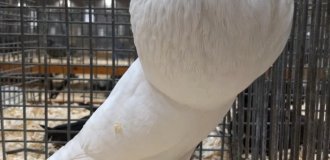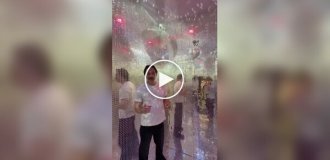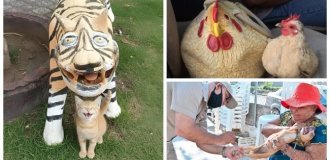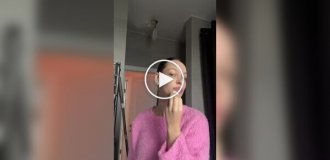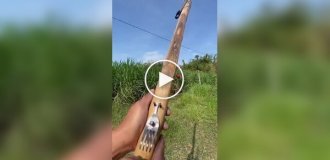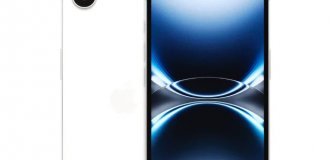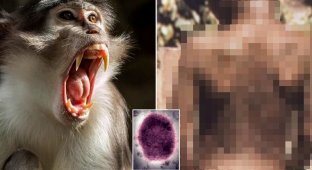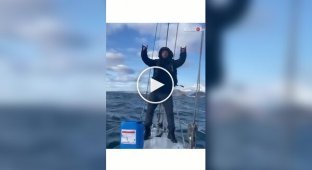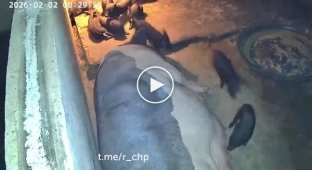Two years ago, Yuvan Saayman developed a herpes ulcer in his eye. Complications left him almost completely blind and he now faces a complex operation. Doctors believe the child contracted the infection through a kiss. 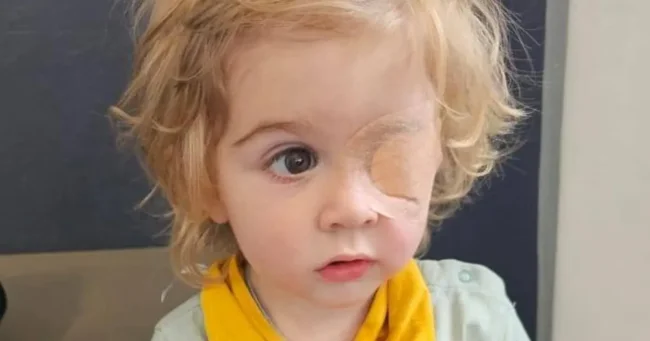
Last August, the 16-month-old developed an eye infection that did not respond to antibiotics. He was soon diagnosed with herpes simplex virus (HSV).
Michelle, 36, from Namibia, said: “The doctor told me that Juvan had a cold sore growing on his cornea. It seemed like an April Fool’s joke. The rash usually appears on the lips or in the mouth. I’ve never heard of blisters on the cornea.” 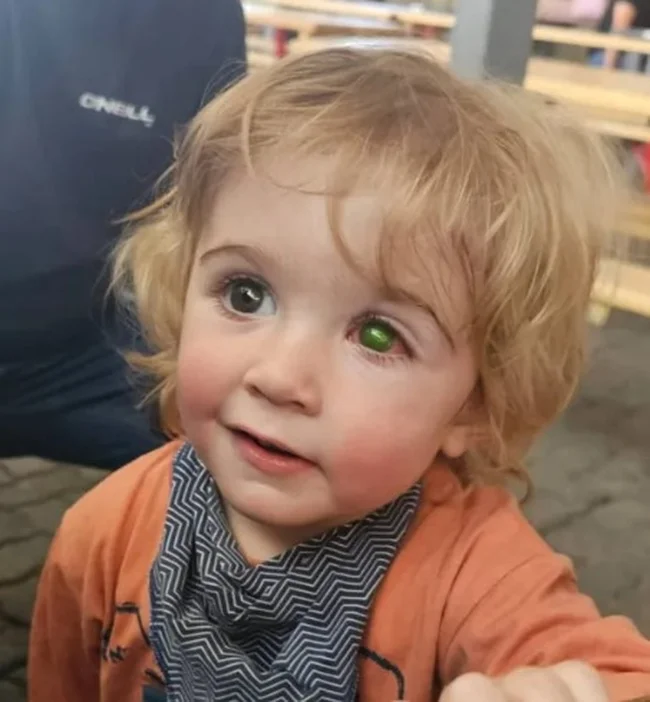
For weeks, doctors tried to cure the child and were forced to consult with experts in New York. Parents Michelle and Nils were afraid that the virus would spread to the brain. By the time the medicine worked, Juvan had lost sight in one eye. 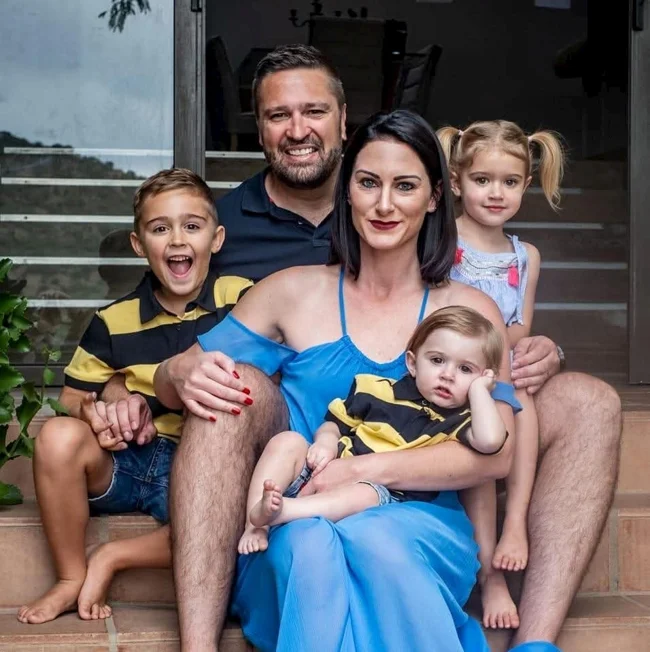
The mother explained: “Herpes damaged the cornea so much that my son could no longer see. The brain no longer recognized the eye and stopped sending signals to it.”
The boy’s eye began to deform, a four-millimeter hole appeared, which led to further infections. To save Juvan’s eyes, his parents flew with him to specialists in Cape Town. There, the two-year-old underwent amnion transplant surgery to heal the cornea and had his eyelids stitched together. In April, the family will return to South Africa for nerve transplant surgery from his leg to his eye. If all goes well, the boy will undergo a cornea transplant next year to fully restore his vision. 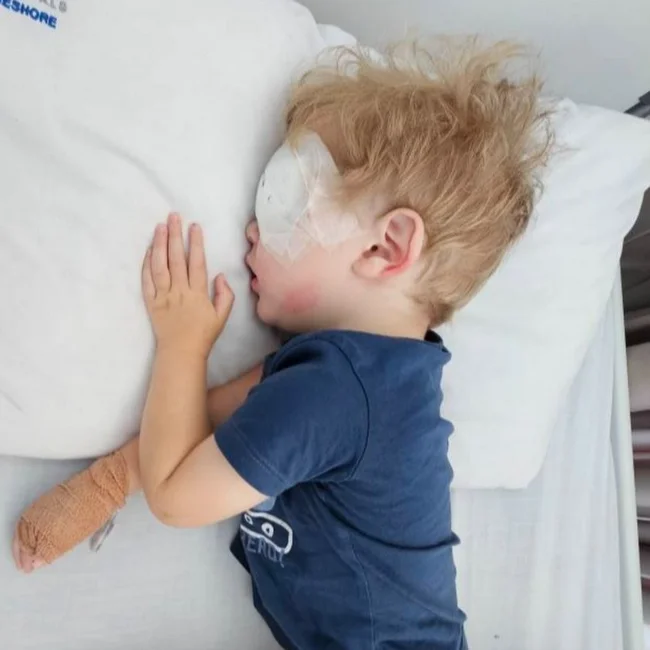
Michelle, a mother of three, shares: “Yuvan was so brave, he was always smiling. But he was in so much pain. It’s unfair that such a small person had to go through all this.” 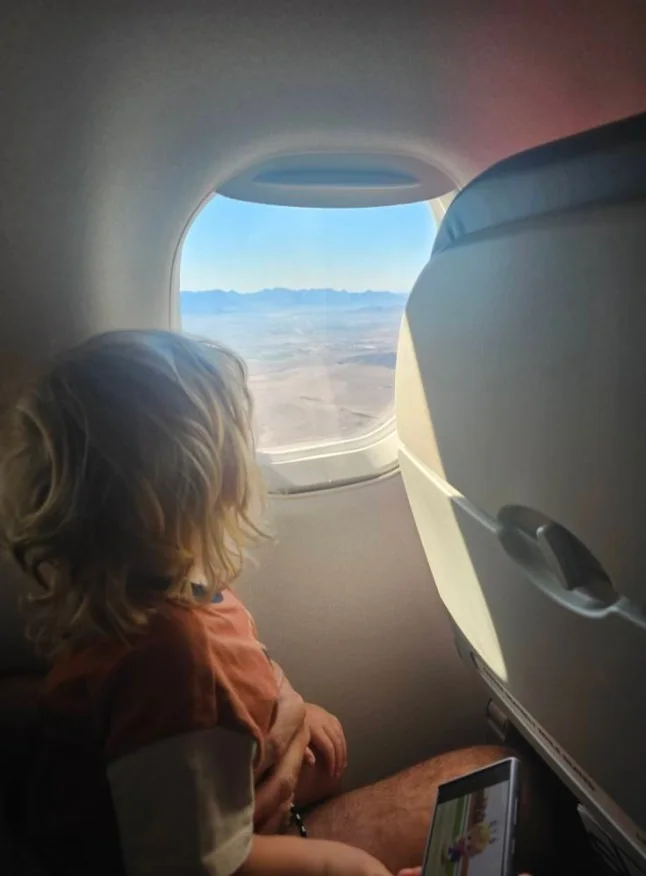
Yuvan’s parents, who do not have herpes in their blood, are emotionally exhausted and depressed.
"At first we were very, very angry. Who was so careless and kissed our child on the face when they themselves had herpes on their lip?! But I'm sure it was done without malice." 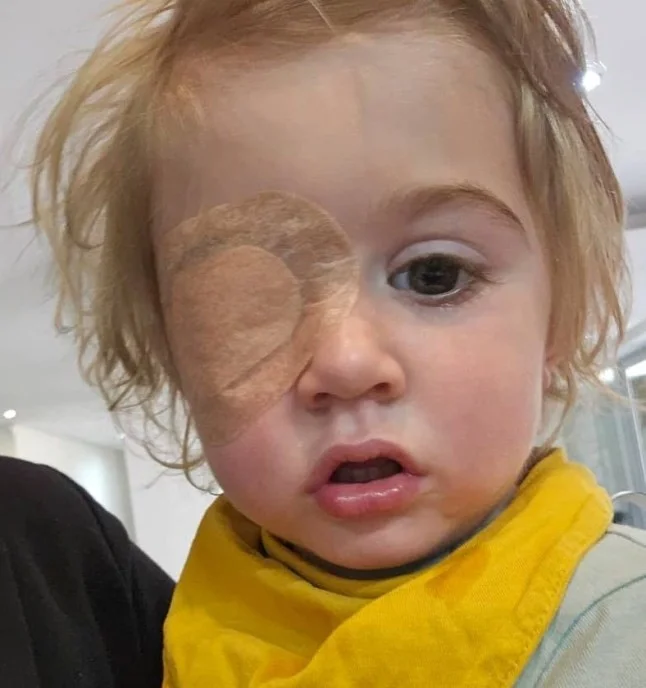
The boy will take antiviral drugs for many years to prevent herpes from worsening. Due to the "astronomical" cost of drugs and flights to South Africa, the family hopes to raise money for the rest of the treatment.
The herpes virus remains in the human body for life after the initial infection, the frequency of exacerbations depends on the state of the immune system.
Add your comment
You might be interested in:
